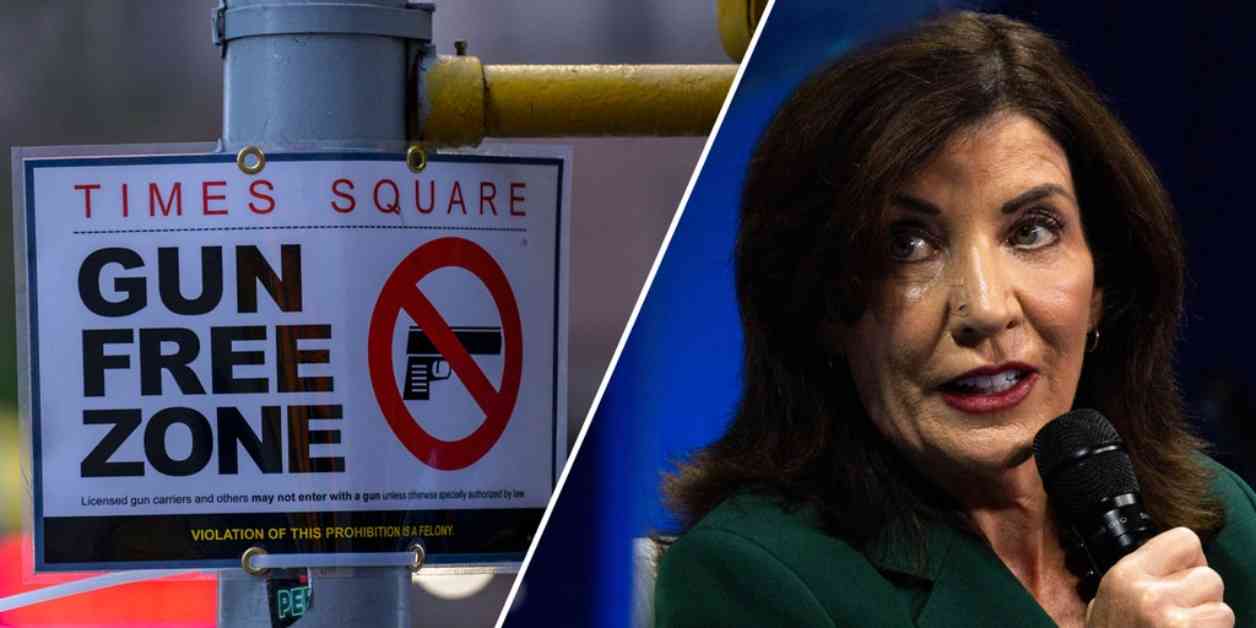A federal judge recently ruled against New York State’s gun control laws, specifically the ban on licensed firearms owners carrying concealed weapons on private property. The judge stated that this restriction violates the constitutional right to keep and bear arms, emphasizing that property owners have the right to exclude legal gun owners from carrying firearms on their property, but the state cannot unilaterally interfere with Second Amendment rights.
The Concealed Carry Improvement Act, signed by Governor Kathy Hochul in July 2022, was passed in response to a Supreme Court ruling that declared the state’s previous concealed carry permitting requirements unconstitutional. However, the recent ruling by Judge John Sinatra, Jr. deemed the new law unconstitutional as well.
Gun rights activists have praised the decision, highlighting it as a victory for Second Amendment rights. Brandon Combs, president of the Firearms Policy Coalition, expressed the importance of fighting to restore the full scope of the right to keep and bear arms across the United States.
On the other hand, Governor Hochul celebrated her administration’s gun control policies, noting a 47 percent decline in gun violence since she took office in 2021. Despite her efforts to implement stricter gun control measures, the recent court ruling challenges the legality of certain provisions within the Concealed Carry Improvement Act.
In response to the ruling, the New York Attorney General’s office did not immediately provide a comment. However, gun rights groups, such as the Second Amendment Foundation, applauded the decision, emphasizing that the restrictions on carrying concealed weapons in “sensitive places” are unconstitutional.
Overall, the recent court ruling against New York’s gun control laws has sparked debates between advocates of Second Amendment rights and proponents of stricter gun control measures. The implications and analysis of this decision will likely continue to shape the ongoing discourse surrounding gun laws in the state and the country as a whole.





















